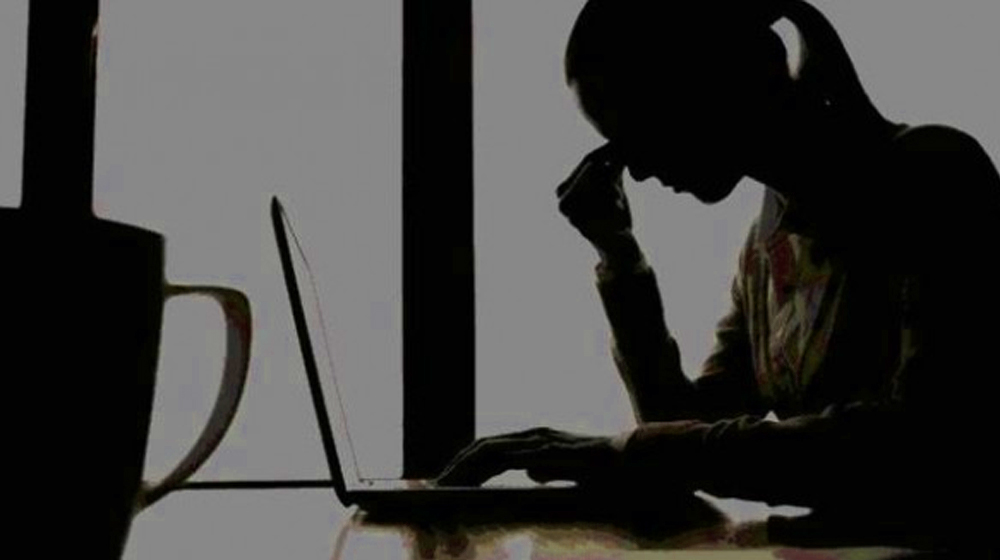
Thomson Reuters Foundation has ranked India as the most dangerous country in the world for women. The foundation incorporated these six key areas to rank countries that are least safe for females:
The United States is the only Western nation in the list of top 10 of the world’s most dangerous countries for women in 2018.
India was previously ranked in the top 5 unsafe countries for women in the world in 2011. This time, it has moved to the top of the list. An Indian state official had this to say about the findings:
India has shown utter disregard and disrespect for women … rape, marital rapes, sexual assault and harassment, female infanticide has gone unabated.
ALSO READ
Punjab Launches Women Helpline to Report Issues and Give Legal Advice
According to the data, there was an 83% increase in crimes against women in India between 2007 and 2016. During the same period, as many as 4 cases are registered every hour against rape in India as well.
Pakistan is also included in the list of unsafe countries for women at number 6.
These are the countries that have been deemed as some of the most dangerous for women in 2018:
The survey included responses from experts from all 193 countries in the United Nations. They were asked about which country was the worst in terms of the six factors mentioned at the beginning. Around 548 individuals participated in an evenly distributed survey through phone contacts, in-person meetings, and online polls.
The people in the survey included aid professionals, academics, healthcare staff, non-government organization workers, policy-makers, development specialists, and social commentators.